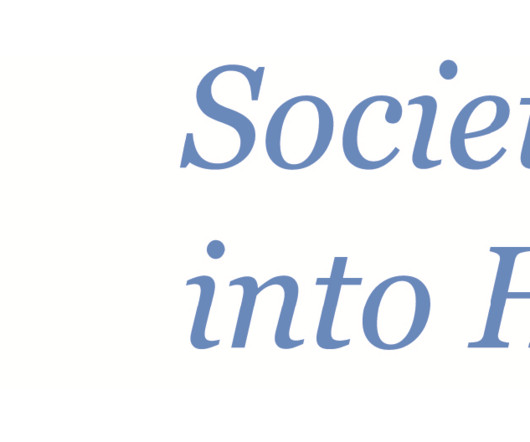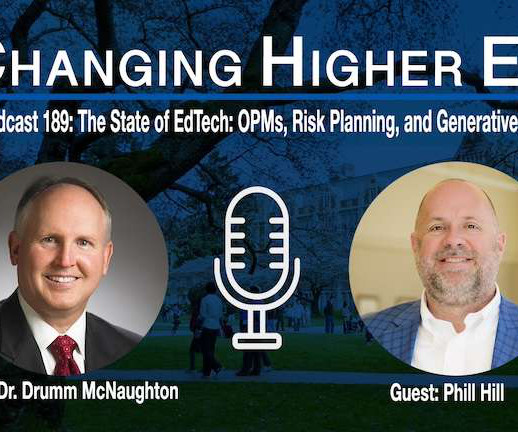Research ethics committees should rethink risk
SRHE
DECEMBER 12, 2022
There are good reasons why institutional human research ethics committees (RECs) or research ethics boards (REBs) are needed in higher education institutions – namely, to ensure research participants are treated in accordance with a set of agreed standards and principles. by Jacqueline Stevenson, Tom Power and Alison Fox.















Let's personalize your content